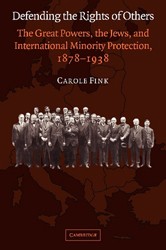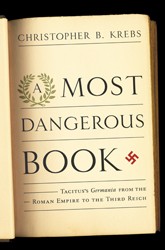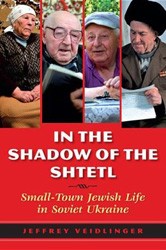Though the Alperts make great efforts to distinguish (and separately value) the world of faith from the world of scientific discovery, their compact, knowledgeable book will probably ruffle many feathers and be declared heretical by those who read the Bible literally. The findings of modern archaeology, findings that Bernard and Fran Alpert have helped make, simply demolish the Old Testament narratives as history. While the books of Moses, the prophets, and the chroniclers are treasures, they are treasures of a special kind: repositories of truth rather than fact. They provide masterful portraits and understandings of the human condition; they set down guidelines for moral and effective human interaction; and they etch the birth struggles of a civilization.
The authors point out that there is very little archaeological evidence to support the events and personages laid out in the Bible (which here means Old Testament). What we have in that assemblage of narratives, laws, and prophecies is a magnificent attempt, assembled in the sixth century BCE, to give coherence, meaning, and status to the Israelite experience. Divinely inspired? Perhaps.
The material evidence that does relate to human affairs described in these scriptural writings requires that the events be significantly re-dated. Most of “what happened” happened during a time period much closer to when the Bible was written down than the internal time references suggest. The most reliable history in the Bible is that written about the most recent events. Only events that occurred after the seventh century BCE are corroborated by independent evidence.
The authors’ clear, authoritative, and respectful discussion is in itself a gift. The final chapter, “Educational Perspectives,” begins the important effort of addressing how religious/Biblical/historical education needs to be reshaped for the twenty-first-century student, appropriately adjusting curriculum at all levels to the realities that modern archaeology reveals.
Maps, illustrations, selected references, Biblical time line.
Philip K. Jason is professor emeritus of English at the United States Naval Academy. A former editor of Poet Lore, he is the author or editor of twenty books, including Acts and Shadows: The Vietnam War in American Literary Culture and Don’t Wave Goodbye: The Children’s Flight from Nazi Persecution to American Freedom.




